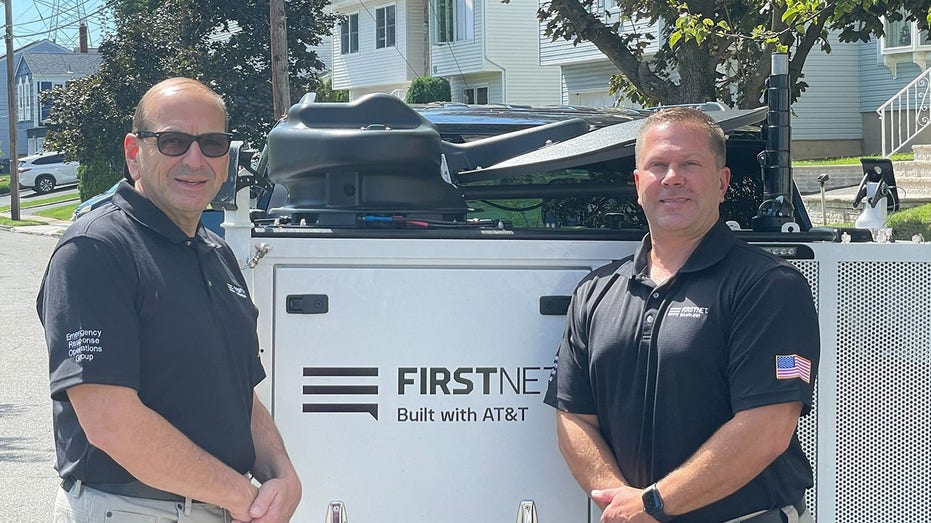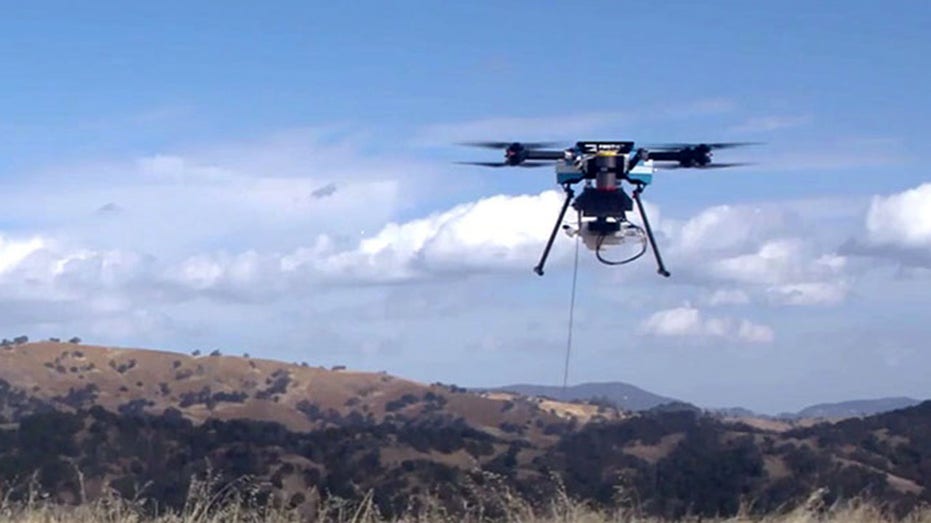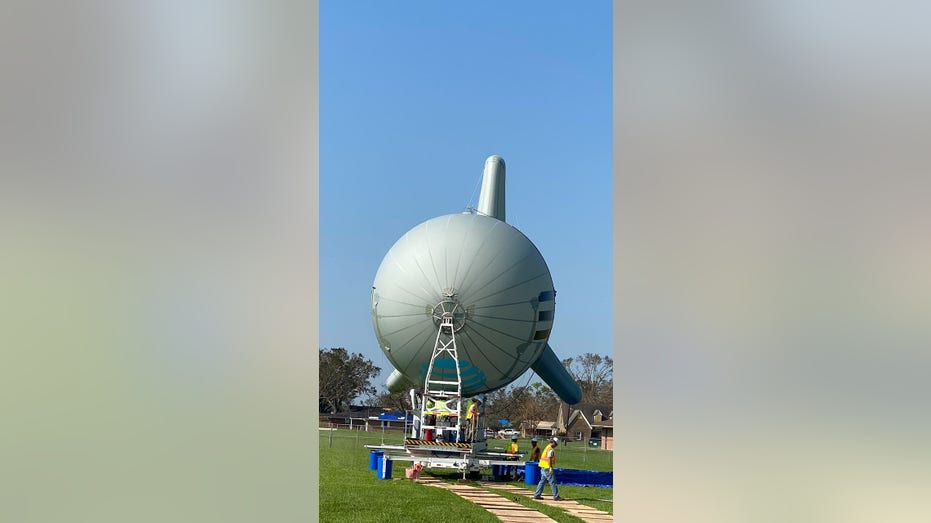9/11 firefighters, now AT&T colleagues, work to improve communications for first responders
FirstNet was established by Congress in 2012 because of communications challenges during 9/11
Fox Business Flash top headlines for September 8
Check out what's clicking on FoxBusiness.com.
Ever since Sept. 11, 2001, Thomas Nicolette and Fred Scalera have made it their mission to improve communications for first responders during emergency situations.
Nicolette and Scalera, now colleagues with FirstNet at AT&T, were part of the Nutley Fire Department during the attacks and saw firsthand how pivotal a reliable and fast communication network is.
"I had my little Nokia cellphone that we had for work and all the cell towers were just overloaded. You could not really make a phone call," Nicolette told FOX Business.
CLICK HERE TO READ MORE ON FOX BUSINESS
Not only were first responders unable to easily connect with their teams and other emergency crews, but it was even difficult to contact their loved ones, who were watching events unfold on TV, according to Nicolette and Scalera.

Fred Scalera (left) and Thomas Nicolette (right) and who work with the Response Operations Program for FirstNet at AT&T. ( AT&T)
"When you're in a situation like that and you just want to check in to tell your family you're OK, to not be able to do that on 9/11 was a huge problem because you don't know what your family is seeing on the news," Nicolette said.
On 9/11, Nicolette, who was in charge of the Nutley Fire Department’s Hazardous Materials Team, was running a decontamination effort for the men and women being brought across the Hudson River into Hoboken, New Jersey, many of whom were covered in dust and ash. He was stationed at the New Jersey Transit Rail terminal.
Meanwhile, Scalera, who served as the chief of the Nutley Fire Department and deputy coordinator of the Nutley Office of Emergency Management, coordinated mutual aid response for decontamination efforts in Hoboken – meaning he was in charge of dispatching personnel and equipment and making sure it got where it needed to be.
GET FOX BUSINESS ON THE GO BY CLICKING HERE
Cellphones were few and far between, so they had to rely on a radio to communicate with each other.
Nicolette said it was very hard to not be able to "talk to Fred and back to the command post about what was going on" and to notify them about the resources they needed.

FirstNet drone ( AT&T )
On the other hand, "it was hard for Fred, too, back up the command post, because we didn't have those contacts with New York City, and it was like a separate country," Nicolette added.
The biggest thing the day made them realize is that they needed "to get to a singular network where we can all talk, have communications instantly," Scalera told FOX Business.
Scalera and Nicolette, who are part of the Response Operations Program for FirstNet at AT&T, work every day to make sure that no other first responder has to face the problems they did on 9/11.
FirstNet, which stands for First Responder Network Authority, was established by Congress in 2012 following concerns regarding the communications challenges during the 9/11 terrorist attacks. It now serves as the only high-speed broadband communications platform utilizing 21st-century tools to help public safety agencies and first responders get even more information faster, according to the FirstNet website.
The Response Operations Program, led by Scalera, can deploy FirstNet communication assets such as drones and blimps as well ground-based assets such as Cell on Wheels (COWs) and heavy-duty Satellite Cell on Light Trucks during emergency situations like Hurricane Ida.
They can even deploy these assets for major planned events like the U.S. Open.

One of FirstNet's assets, the FirstNet One blimp. (AT&T)
As a result, first responders are able to connect with each other regardless of their jurisdiction or discipline, meaning a New York firefighter could connect with a New Jersey or California-based police officer.
It is also helping first responders reach their families when deployed in the field.
"It's about quality of life for the emergency responders, talking to your family each night, it's a little bit of mental therapy," Scalera said.
Nicolette agreed, saying, "If you don't have a responder that is mentally stable personally, where things just aren't right in their mind, you may not get what you need out of them when it comes to helping other people."





















